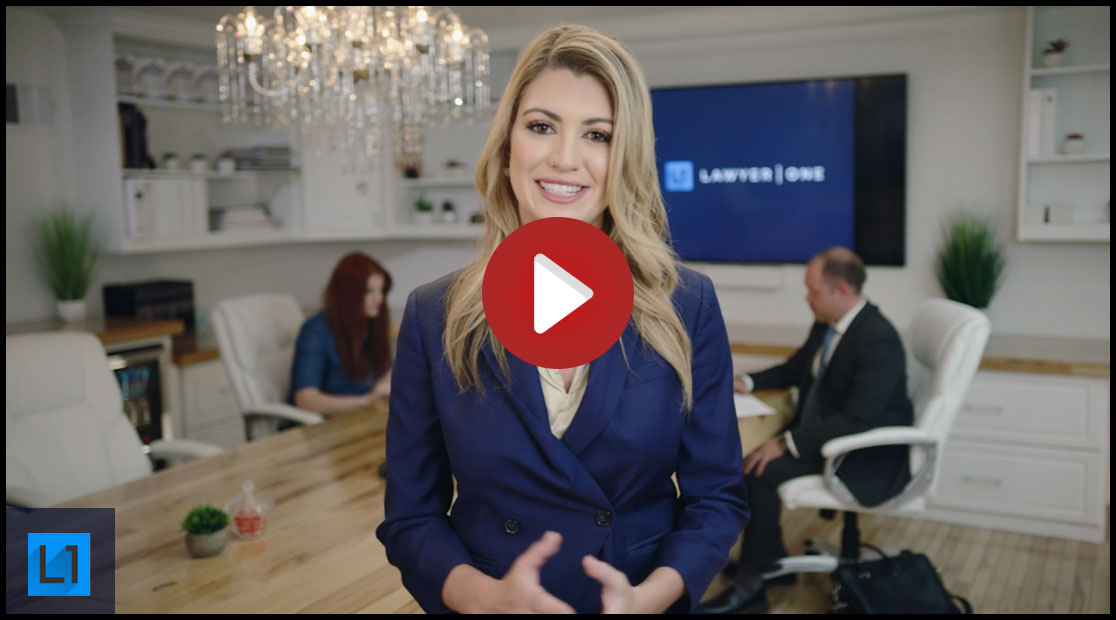The Reality of Bankruptcy
When life hits a roadblock of economic downturns, with your personal finances spiraling down, your business failing, and your debt continuously collecting, you may wonder how you could save yourself from more trouble. As a last resort, bankruptcy may be your only option left. It sounds scary, and bankruptcy can be a daunting process, but in many situations it is the most reasonable course of action.
Filing for bankruptcy means going through a legal process of examining the assets of an individual or business who cannot repay their debts to creditors, and seeking relief from some or all their debts. The decision to utlimately discharge the debts will be determined by the courts.
Filing for Bankruptcy
If you've decided to file for bankruptcy, the first step is to seek consultation with a bankruptcy lawyer. We can help pair you with a suitable attorney who is right for your particular financial situation.
Once you file for bankruptcy and your case enters the court, you are automatically protected from your creditors seeking to collect debt. This is called Automatic Stay, which is a legal protection a filer receives. It will remain in effect until the court rules.
Most cases usually result in the discharge of debt. The times that a case would result in not being qualified for bankruptcy is when the court rules the debtor has enough funds or income to pay off the debt.







